Magic: the Gathering, created by Richard Garfield in 1993, is one of those rare “lightning in a bottle” titles that undoubtedly changed the face of gaming forever. A simple set of concepts—players enact a wizarding duel using cards to cast spells and summon creatures—belies the impact Magic has had over the years. It ushered in a wave of collectible card games like Pokémon and Yu-Gi-Oh!, broke away from stodgy stereotypes of board games, and opened up the hobby to millions of new players worldwide. Richard Garfield himself became recognized as one of the greatest game designers in the world, going on to create a dizzying array of top-flight titles like King of Tokyo, Android: Netrunner, Bunny Kingdom, and Keyforge.
Magic became a hit for many reasons. Its art and theme quickly captured the imagination, blending familiar fantasy tropes like wizards and dragons with genuinely innovative world-building like the frozen lands of Kjeldor. The core gameplay was accessible, yet the finer nuances of the game were phenomenally complex to master. This made Magic ripe for a burgeoning tournament scene, with players competing for cards and cash prizes. Most importantly, Magic’s collectible nature made it a perfect product for gamers hungry for replayability: with the release of each new set of cards, the game changed in new and fascinating ways that kept players coming back while making it easy for novices to jump in and feel competitive.
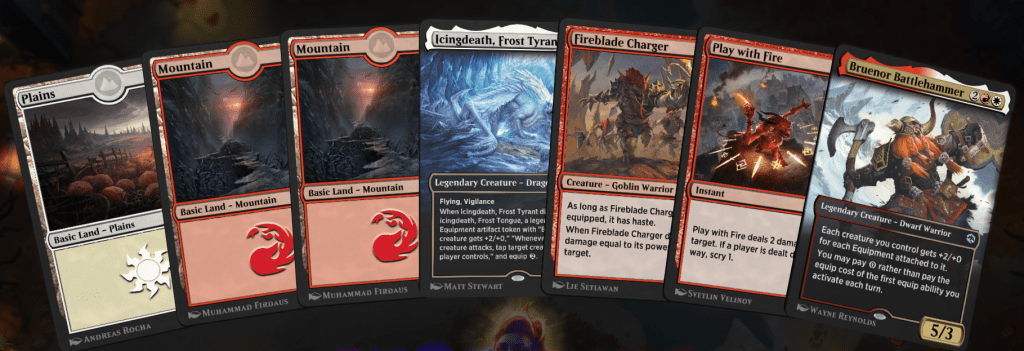
There are plenty of great reasons to play Magic, and doing so can change the way you think about games and make you a significantly better gamer. Here are a few ways to develop your skills through the fine art of planeswalking.
(Key)Words of Wisdom
For new players, Magic can be intimidating. There’s a lot to parse on a single Magic card, but one of the game’s greatest strengths is its use of keywords and specialized terms to condense information into manageable chunks. “Tap” is a succinct way of saying that a card can only be used once per turn, and “untap” is a quick way to say that the card is ready for use again. “Haste” means that a creature is capable of attacking on the first turn it enters play, which violates the normal rules around summoning and attacking. Most of the keywords, in fact, are of this type; rather than explicitly saying how the game is played, they point out how the card in question breaks the normal rules. Over time, Magic’s design team has continuously found ways to add new keywords and also simplify older text into a single keyword, allowing the game to evolve without burying cards in text.
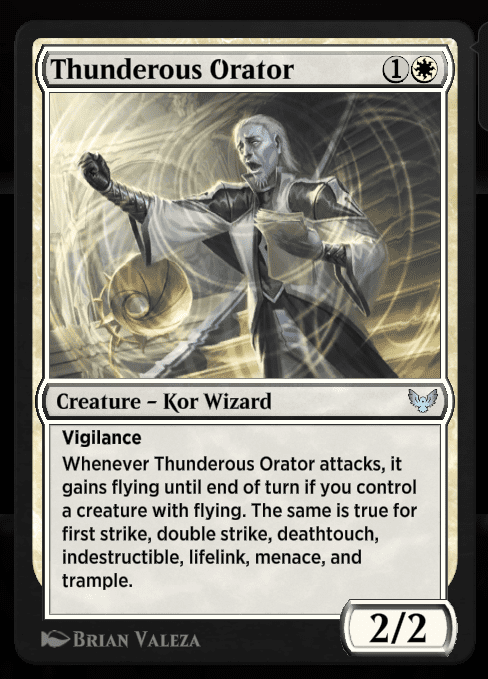
These keywords are so potent that they can be used to express similar concepts in other games. Learning Magic is like buying a thesaurus for various game rules. You can say that a Carcassonne worker placed in a field is permanently “tapped”, for example, or that a newly-gained worker in Maquis has “summoning sickness” and cannot be placed until the next round. A lost tile in Skull might be “exiled” rather than returned to the box. Using keywords as shorthand lets you focus on the unfamiliar parts of a new game, rather than retreading old ground. Whenever I teach a new game to Magic players, I can lean heavily on this shared language to help them understand the intricacies of game play.
And this isn’t even including the countless slang words that have grown up around the game. Terms like “ping” (deal 1 point of damage to a target), “Tim” (a creature who can ping), or “French vanilla” (referring to a creature with a single, commonly seen special ability) can communicate a lot of additional information quickly once you’re in the know. You’ll need that information, because Magic is one of the most complicated games out there.
The Rules are Alive With the Sound of Magic
At the core of the Magic experience is its living ruleset. While there technically is a rulebook, very few players have actually read it. Like many people, I learned how to play from a friend, using a borrowed deck at their kitchen table. The people I taught learned the same way, a sort of oral tradition that’s part of Magic’s charm. The core pieces you need to know can be taught in fewer than 10 minutes. Once you have a handle on the basic structure of the game, you can learn everything else by reading the cards.
What makes Magic work so well is that it trains the player’s brain to understand a complex system with many moving parts, building out the connection between rules elements using the flexible framework that undergirds the game. Even the most sprawling board game is still finite; Magic, by contrast, is essentially infinite. With thousands of individual rules strewn across tens of thousands of cards and more released every few months, a good Magic player has to be able to learn and remember and incorporate new information almost every time they play.
Knowing what each card does—and perhaps more importantly, what cards can do—is just part of the battle. Learning how to turn that information to your advantage is the other. Because players are tasked with incorporating brand-new rules on the fly, it’s no surprise that many Magic players are rules-oriented and often enjoy other games that revolve around the timing and stacking of various effects, such as Campy Creatures or Condottiere. Nor should it be shocking that high-level Magic experts have created excellent games like Smash Up, Star Realms, and Ascension, each of which show a distinct Magic influence while still forging their own paths.
Advantage Points
Another lesson to be learned from Magic deals with resource management. When we talk about resource management in games, we usually mean games that have named resources that operate as a form of currency, with Catan’s quintet of wool/brick/wood/wheat/ore being the best-known example. At a basic level, Magic’s main resource is mana; spending mana is how one pays for spells. Getting the right amount and type of mana to keep your deck chugging along is one of the most important skills a new player can develop.
Mana efficiency is a major part of Magic’s gameplay. One of the game’s central limits is that under most situations players can play only a single land card each turn. Land is the most common way of getting the mana to cast spells. Finding ways to generate mana or get extra lands from spells and creatures is a key strategy for many deck types. However, every deck can benefit from using their mana in the most effective way. A player who can’t make consistent plays will quickly fall behind someone who’s dropping a new dangerous card every turn. Consistent mana usage requires having a delicate distribution of costs across the cards in the deck, such that the player has a good chance of being able to use their 1 land on turn 1, both of their lands on turn 2, all three lands on turn 3, etc. Learning to build decks with a finely-tuned “mana curve” helps players develop these skills for other games which involve resources that refresh every turn, a common mechanic in deck- and bag- builders like Clank! and Automobiles as well as in titles like Dice City.
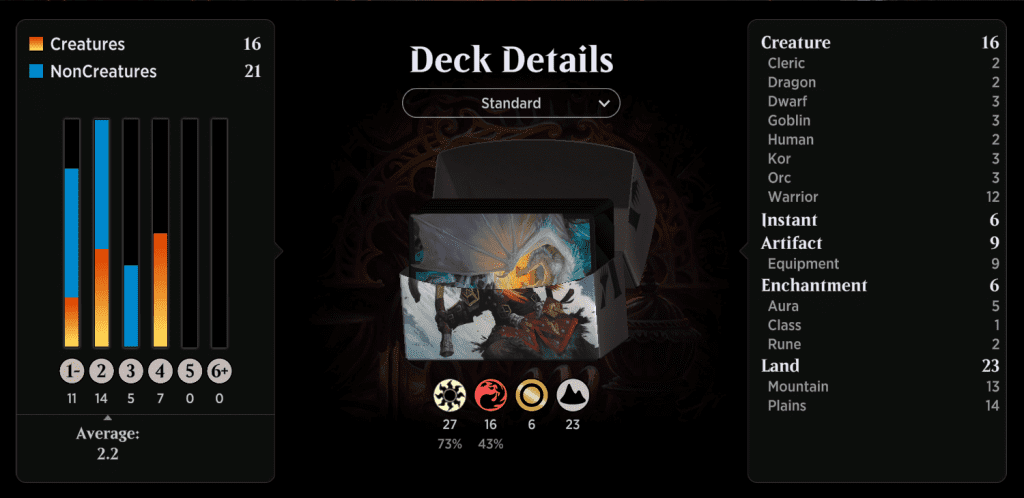
Mana is far from Magic’s only resource. Equally important are the cards in your deck. Having all the mana in the world doesn’t help if your hand is empty. Drawing a single card each turn can be sufficient for some decks, but being able to draw more cards is going to offer more opportunities in the long run. Each card represents a possible way to influence the game, so having a wider set of choices means increasing your control over the game’s outcome. This is the foundation of an idea called “card advantage”: in any game of Magic, whoever gets more cards than their opponent will, in theory, be able to take more game actions and therefore probably win.
It’s not just about drawing, though. Card advantage also applies to the way you use your cards. If you can eliminate two of your opponent’s cards using only one of your own, you’re one card ahead of them. And there are lots of ways in the game to accomplish this! Forced discard, spells that allow you to split damage across multiple small targets, and creatures which have an additional effect on coming into play are just a few of the options available.
Once you learn to look for card advantage, a whole new level of the game opens up. Thinking about card advantage can change the way you play other card-based games, whether it’s Dead Man’s Draw or Sentinels of the Multiverse. Card advantage is also closely tied to the idea of action economy. This means it translates well even to cardless games like Terra Mystica or Broom Service because the core idea holds true: the more actions you can take relative to your opponents, the better you’ll do.
Hold Your Tempo
Naturally, your opponent won’t just let you rack up cards and actions; they’re going to try to stop you or at least slow you down. A game of Magic is therefore also a game of tempo. It’s a race to do the requisite 20 damage, and anything you can do to hinder the other player may give you the edge you need to win.
Tied to tempo are the other two important resources in the game: life and time. A common saying in Magic communities is that “life only matters when you’re at 1”. In other words, life is expendable unless losing that point would cost you the game. If sacrificing life buys you something else that’s valuable, like more cards or an extra turn to play that big game-winning spell, then it’s probably worth doing!
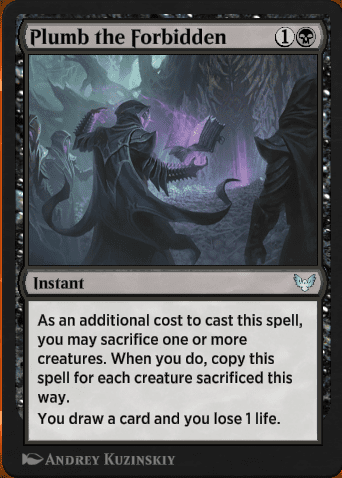
Many decks rely on this premise to function, agreeing to hemorrhage life in the early game in order to establish a dominant position in the end-game. Some decks instead focus on playing lots of cheap spells and creatures in order to overwhelm the opponent in the first few turns, knowing that there won’t be anything left in the tank if the game goes long. In both cases, the player is gambling that their ability to control the pace of the game is going to be better than their opponent’s. Most decks find a compromise between these two extreme positions, but every game requires navigating the idea of how to manage tempo in your favor.
Studying tempo in Magic can help in almost any game, whether it’s Ticket to Ride or Twilight Imperium. Most board games have a way to gain tempo on your opponents, so think about how you can use that to your benefit—and what you’re willing to give up to get it.
Practice Makes Perfect
Hopefully you can see how this kind of Magic-al thinking might change the way you play other games. Being able to track lots of different rules and effects simultaneously is a key skill that all gamers can practice. Recognizing the resources that exist outside of the game’s explicit framing and determining each resource’s relative value at any given moment is absolutely crucial in so many games, and training your mind to think about games as a collection of elements that can be exchanged or balanced can open up new strategies in old favorites.
If this article has given you some inspiration, the best way to learn how to play Magic is…to play Magic! Thankfully, the game is incredibly accessible. Premade decks for new players offer a great entry point. Many local game stores or large gaming groups run Magic nights, and the game’s portability means that it can be played in almost any social situation or environment. If you want to try it out for free and don’t mind being restricted to a few specific formats, consider Magic Arena. There are many ways to play—and even more things to learn—so get out there and start slinging those spells!


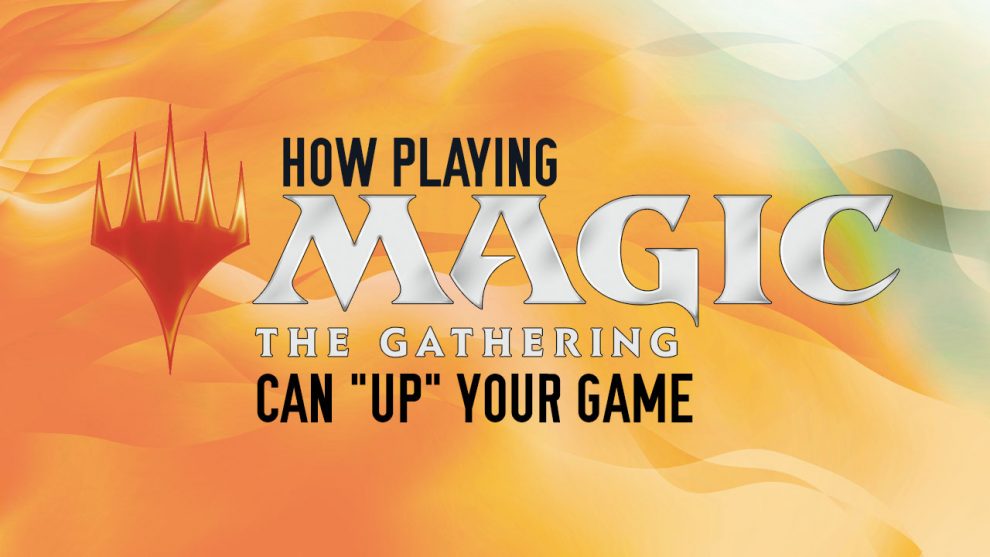

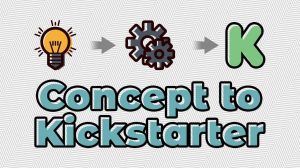
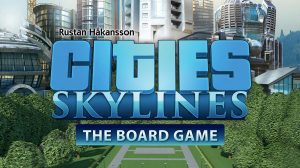






Add Comment